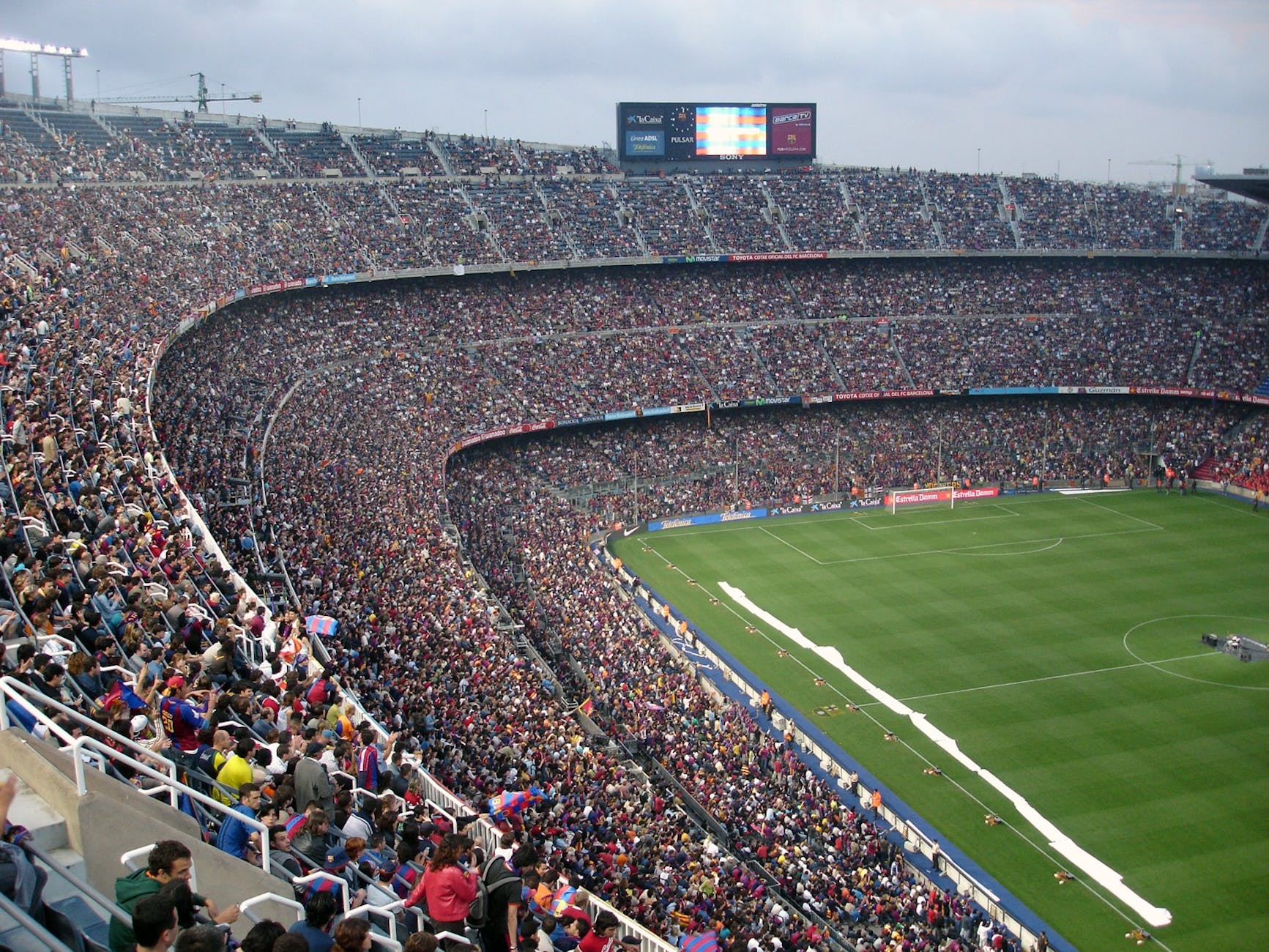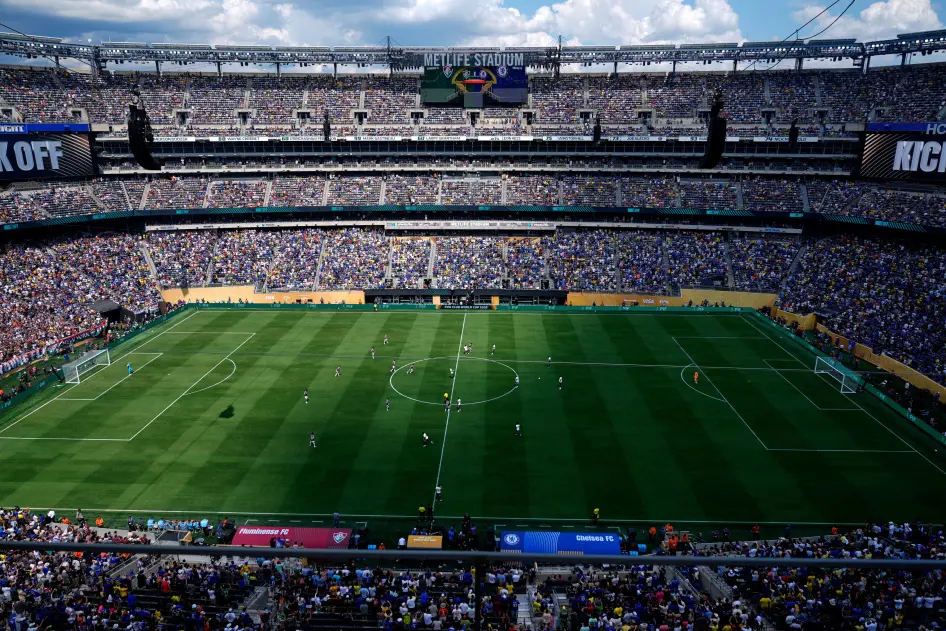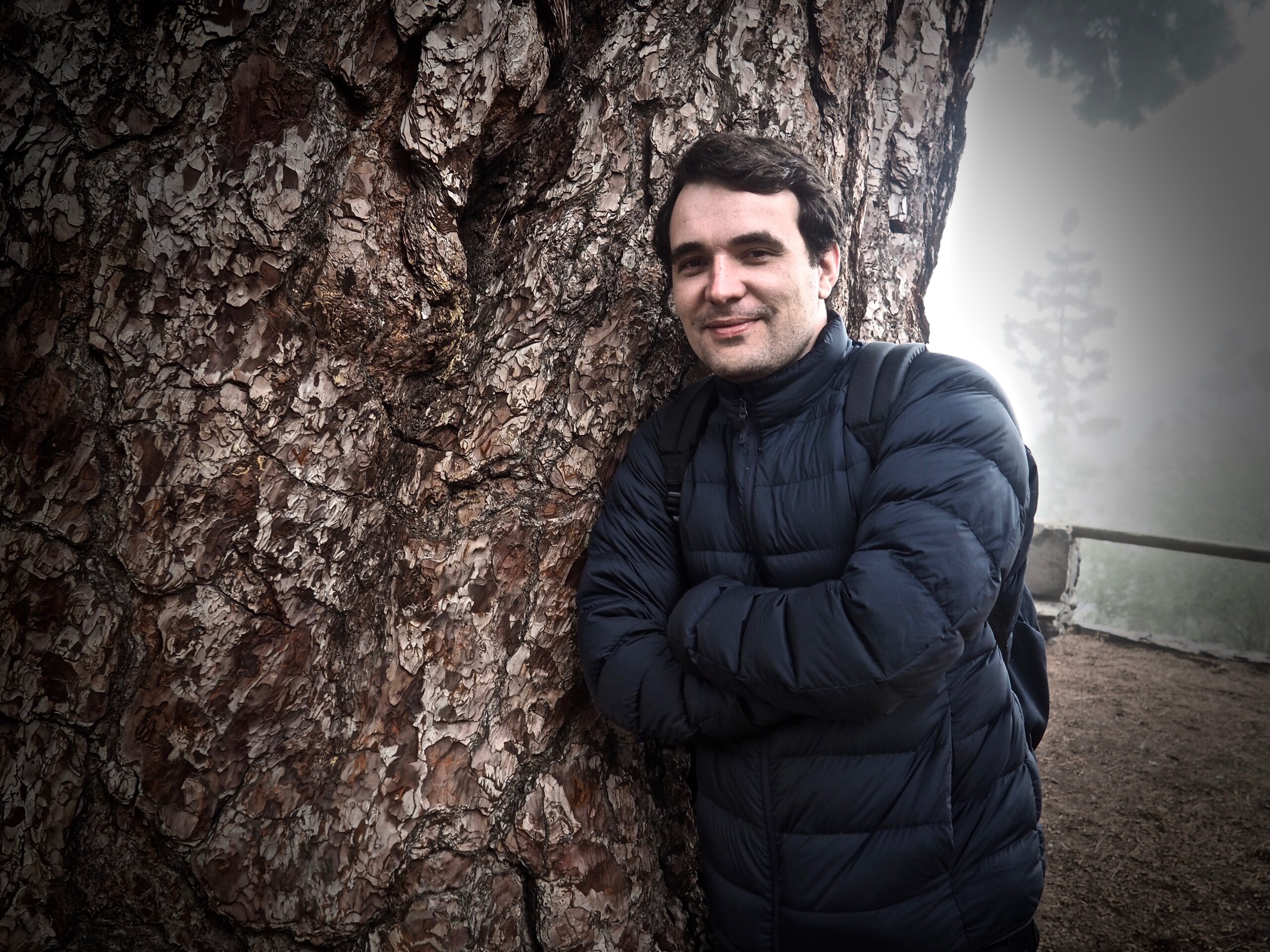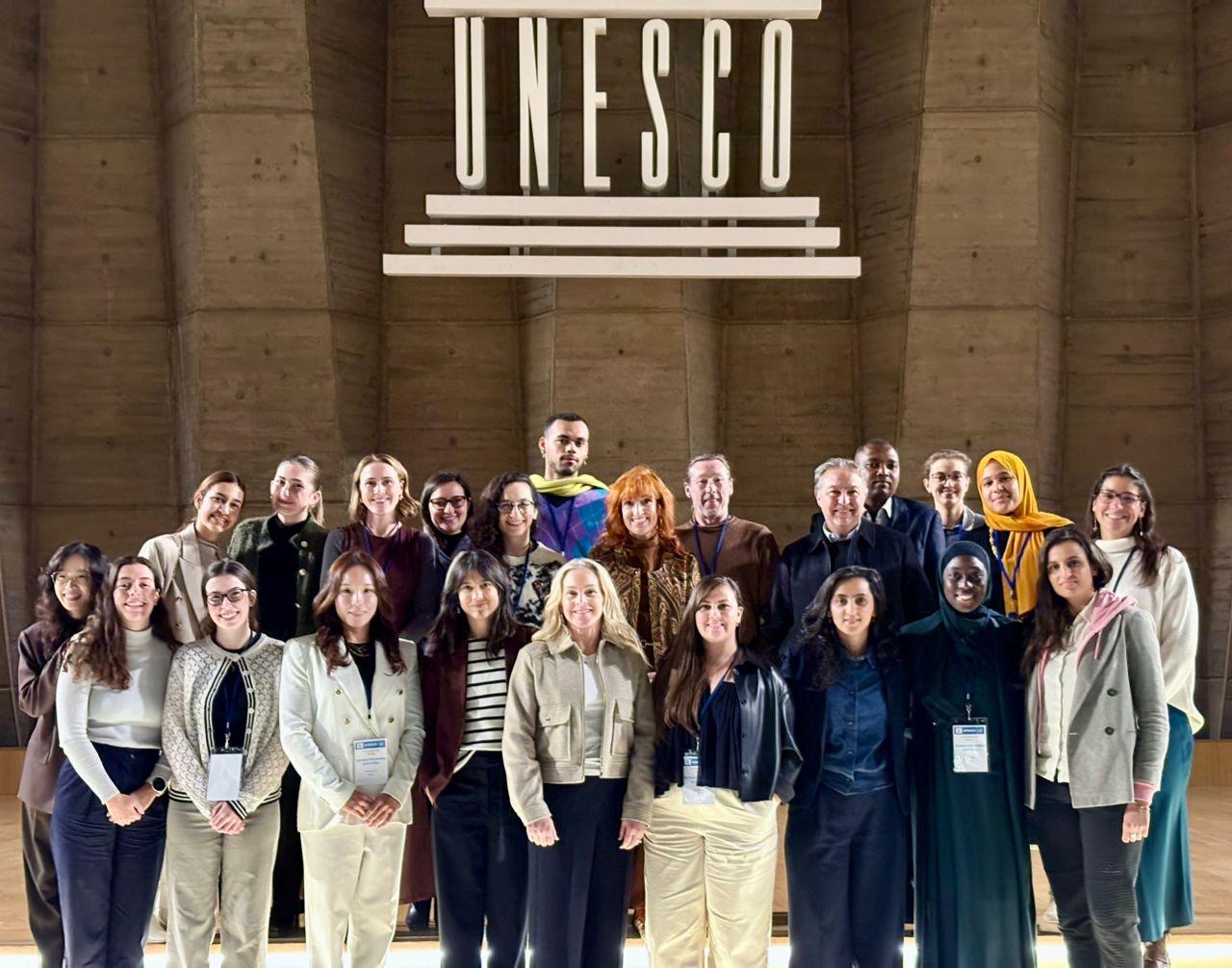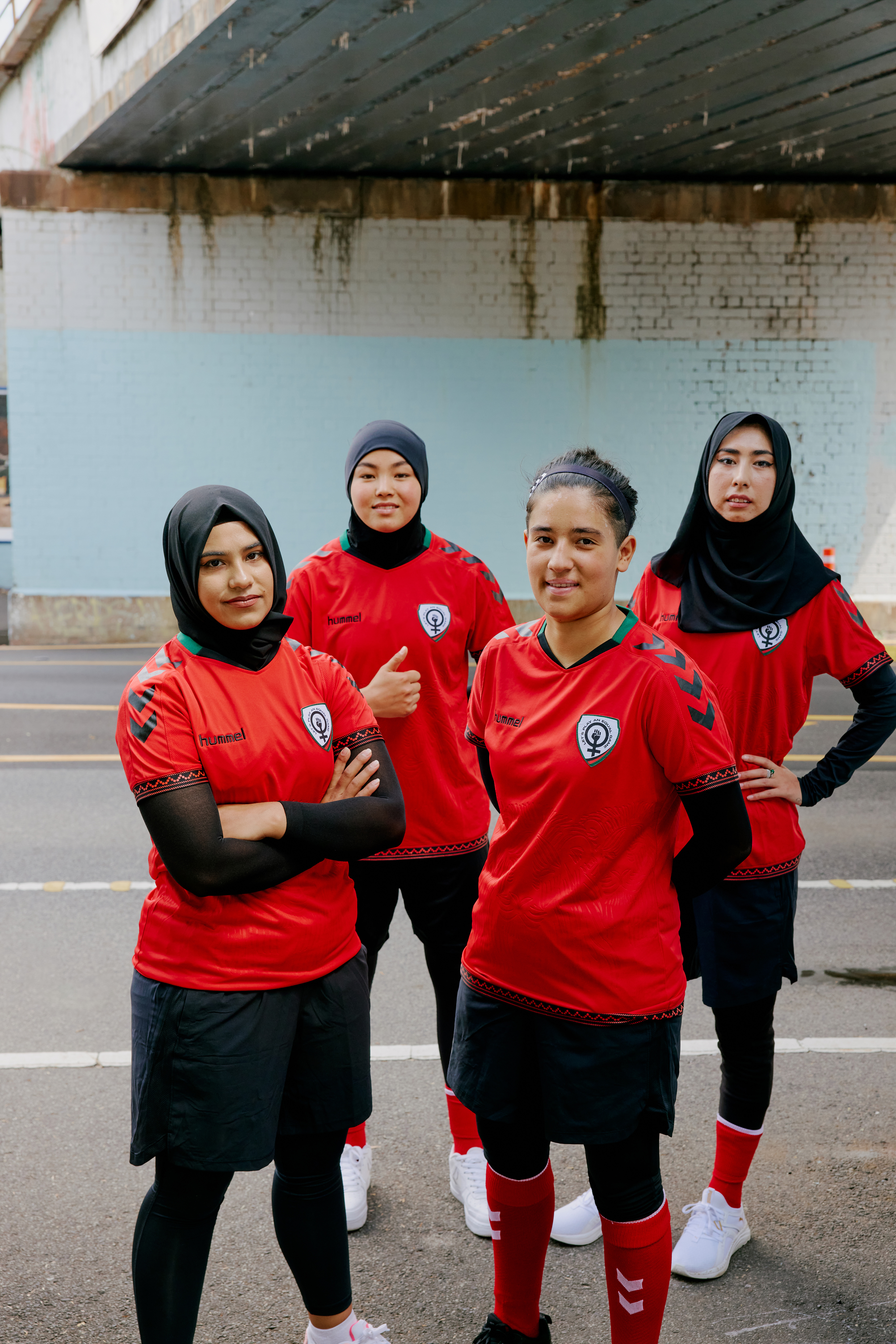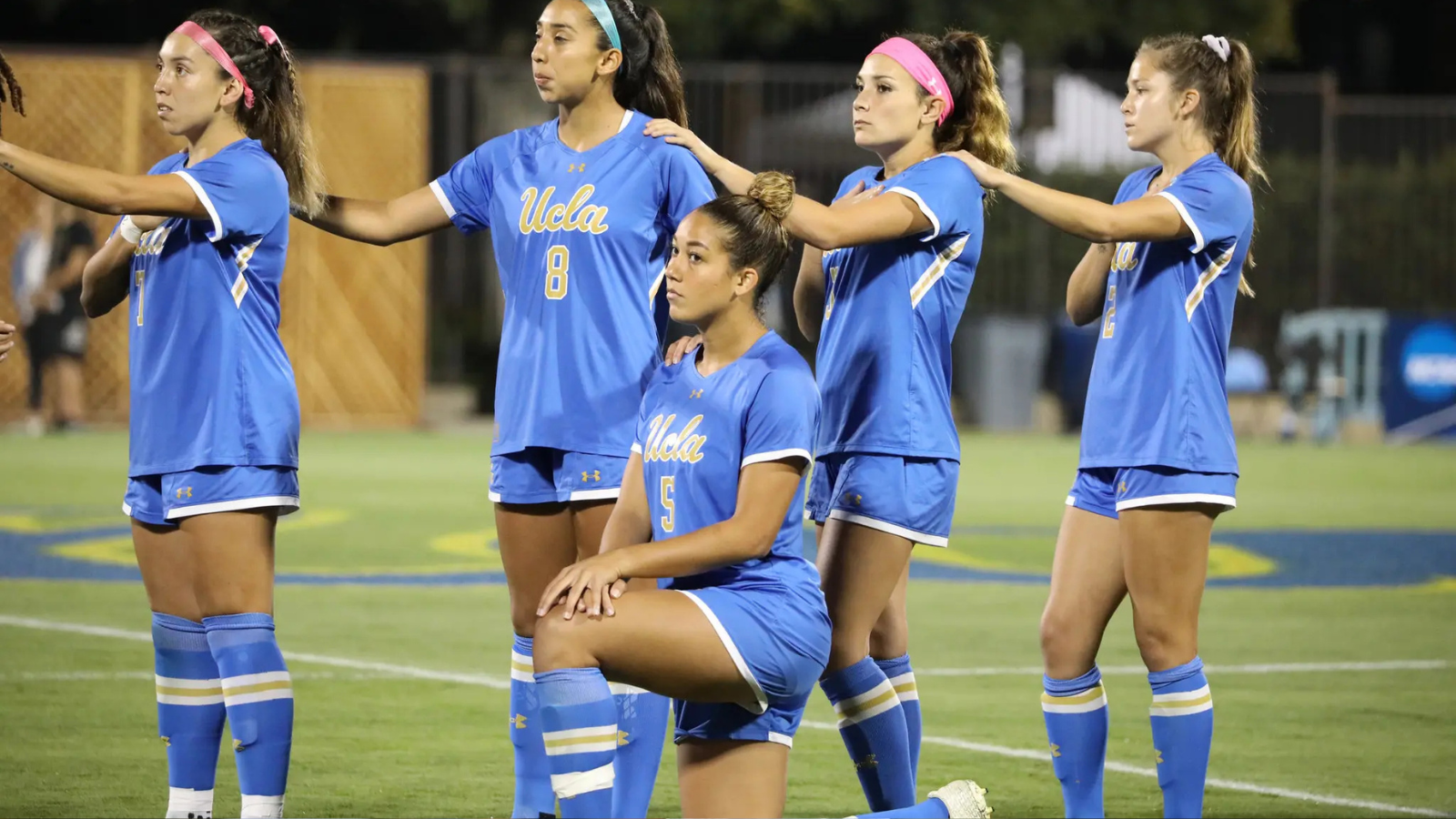This weekend, FIFA released the much-anticipated match schedule for the 2026 Men’s World Cup, which will be held across 16 cities in the United States, Mexico, and Canada. As planning accelerates in these host cities, event organizers will now be making critical decisions on tournament operations, including for Fan Fests, transportation, concessions, and hospitality. In the months ahead, FIFA, its business partners, and host cities must work collectively with civil society and other stakeholders to ensure a successful tournament – one that leaves an enduring, positive legacy not only for the North American hosts of FWC2026, but also future host cities and countries. Critical to that legacy is respecting the human rights and dignity of millions of World Cup stakeholders, from the fans to the athletes, to the residents of the host cities and the workers who make the tournament possible.
The Dignity 2026 coalition is looking to FIFA to demonstrate a commitment to the same human rights standards that it is demanding from host cities and their partners, including around the principles of transparency and accountability. We celebrated when, in 2018, the bid for hosting the 2026 tournament became the first time that FIFA included human rights criteria in the selection process for hosting the World Cup. We have also been encouraged by FIFA’s openness to engaging with Dignity 2026 to identify human rights risks and set benchmarks for improving standards, and we welcome the decision to award the final match to New York/New Jersey. Now, even as planning for 2026 advances, we are closely watching for FIFA to build on the human rights legacy in North America toward future Men’s and Women’s World Cups, especially those in the process of site selection for the 2030 and 2034 tournaments. In that spirit, we urge FIFA to make transparent its due diligence process for making key decisions, including the process of selecting host cities and countries and the extent to which human rights standards were explicitly considered. The due diligence processes for 2026 should be the floor, not the ceiling.
Working together now and through 2026, FIFA, host cities, business partners, and civil society stakeholders have a timely and historic opportunity to adopt a proactive and collaborative approach for human and labor rights, including embedding human rights into business practices and robust stakeholder engagement. Dignity 2026 is committed to working with event organizers to mitigate the risk of abuses before they happen. If done right, we can guarantee an enduring human rights legacy for future mega-sporting events beyond 2026.
About Dignity 2026
Dignity 2026 is a diverse coalition of civil society organizations with a long history of advocating for strong human rights standards in both the World Cup and in the cities that will be hosting the 2026 tournament. We represent the labor movement, community and economic justice campaigns, civil rights groups, sports equity activists, migrant rights organizations, LGBTQ+ rights groups, soccer fans’ networks, and more. The Sport & Rights Alliance is a member of Dignity 2026 along with Athlete Ally, the Army of Survivors, Human Rights Watch, and others.
For press inquiries, please contact:
